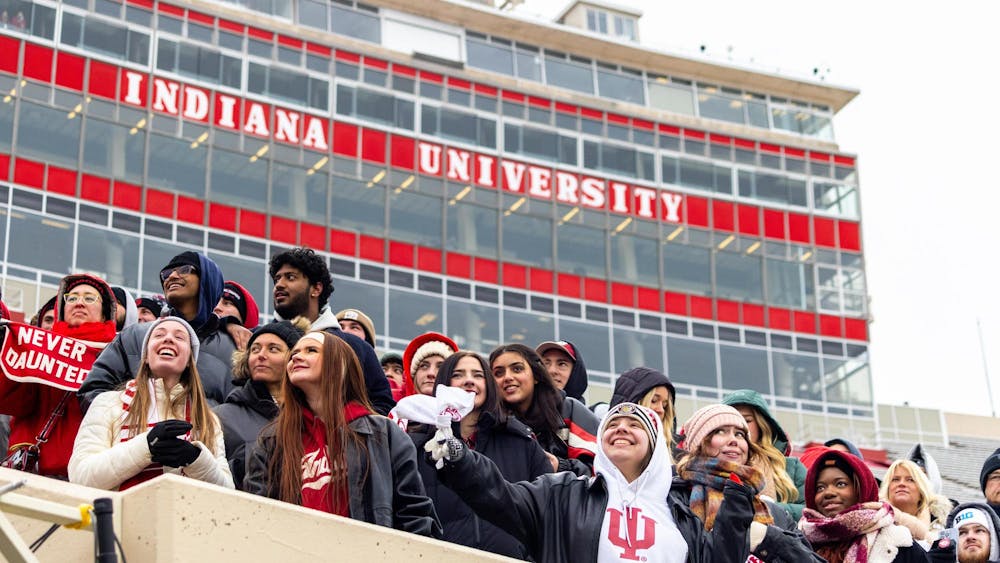Due to social distancing guidelines related to COVID-19, demand for delivery services is increasing. Consumers do not want to go to crowded public spaces to get the resources they need during this pandemic, which means workers are unable to stay home and avoid risk.
Because of this, Amazon and Instacart workers went on strike late last month, with some still on strike. Workers at Amazon’s Staten Island facility, where some workers tested positive for COVID-19, are planning a second strike this week. Amazon and Instacart have so far not met the strikers’ demands, which include paid sick leave and hazard pay. We as consumers must refuse to cross the picket line until workers have their basic rights met.
Amazon workers have also called for improved sanitary conditions after employees at 11 facilities tested positive for the virus, and Instacart workers have demanded access to resources like sanitary wipes.
In the wake of the first Amazon strike on March 30, leaked documents showed that Amazon executives intended to smear the Staten Island strike organizer, who was fired by maligning him as unintelligent and inarticulate. Amazon employees in Chicago were on strike for most of last week, and other strikes are being planned elsewhere. Because Instacart workers are technically independent contractors and not employees, it is more difficult to report the number of participants and whether the strike has been sustained. However, many workers plan to continue to strike.
Historically, actions like these strikes and walkouts have been organized by unions, helping to coordinate action and guarantee solidarity among workers. However, union membership is now incredibly low. Only 6.2% of private sector workers and 10.3% of workers overall are union members, according to the Bureau of Labor Statistics. That overall rate is only about half of what union membership rates were in the early 1980s.
Many workers who are not deemed worthy of a living wage have been recognized as essential overnight, and they have a more compelling case than ever to demand basic protections. Timing and context dictates how effective a collective action like this will be. Workers are right to strike while demand is high.
Companies whose workers are on strike are hiring new employees both because of the strikes and the increase in demand. With unemployment surging, many people are applying for these jobs, and employees are hesitant to strike and lose income.
Strikebreaking is the practice of hiring workers to replace strikers, thus negating the effect of a strike. Amazon and Instacart have increased hiring both to meet demand and to negate the effect of strikes, and those new employees are not the only people who are crossing a picket line right now. Consumers are, too. Without the demand consumers generate, there’s no easy solution companies can deploy to undermine the strike.
Workers are putting their health on the line so that we don’t have to go out into the world during a pandemic. By refraining from crossing the virtual picket line by placing orders, we can join the proud American tradition of standing in solidarity with workers to help them attain more humane working conditions.
Kaitlyn Radde (she/her) is a sophomore studying political science. She plans to pursue a career in public interest law.






